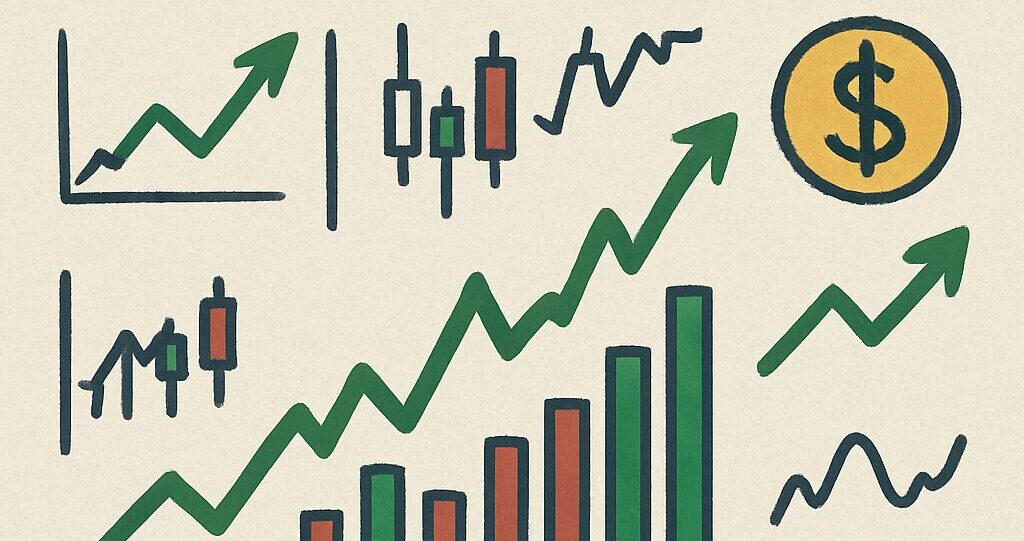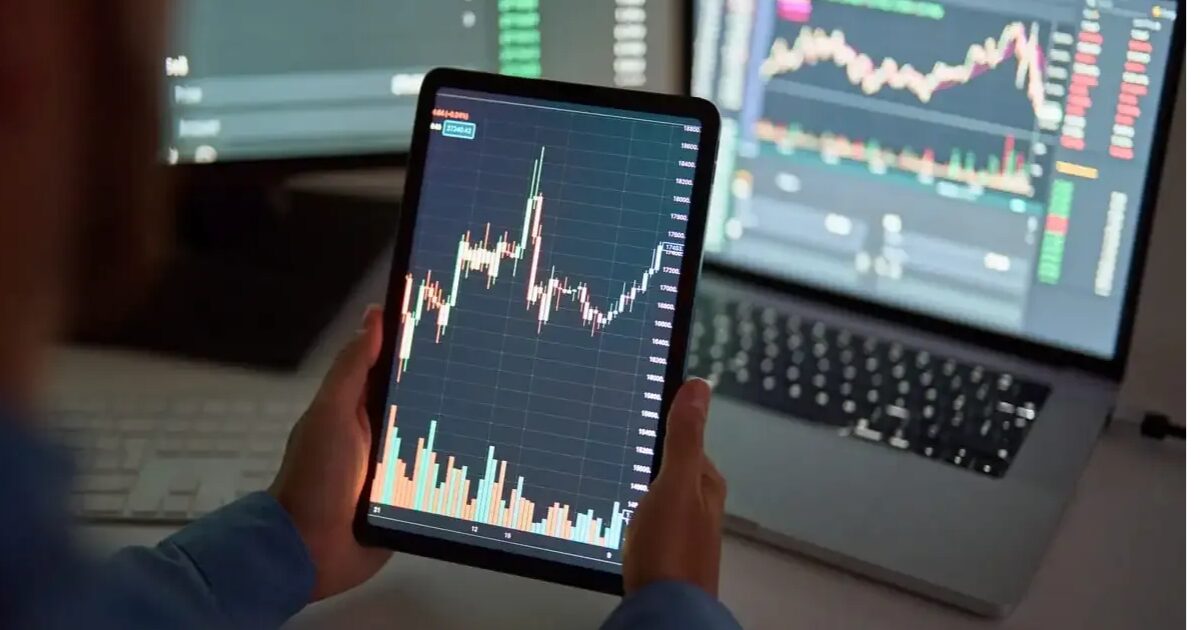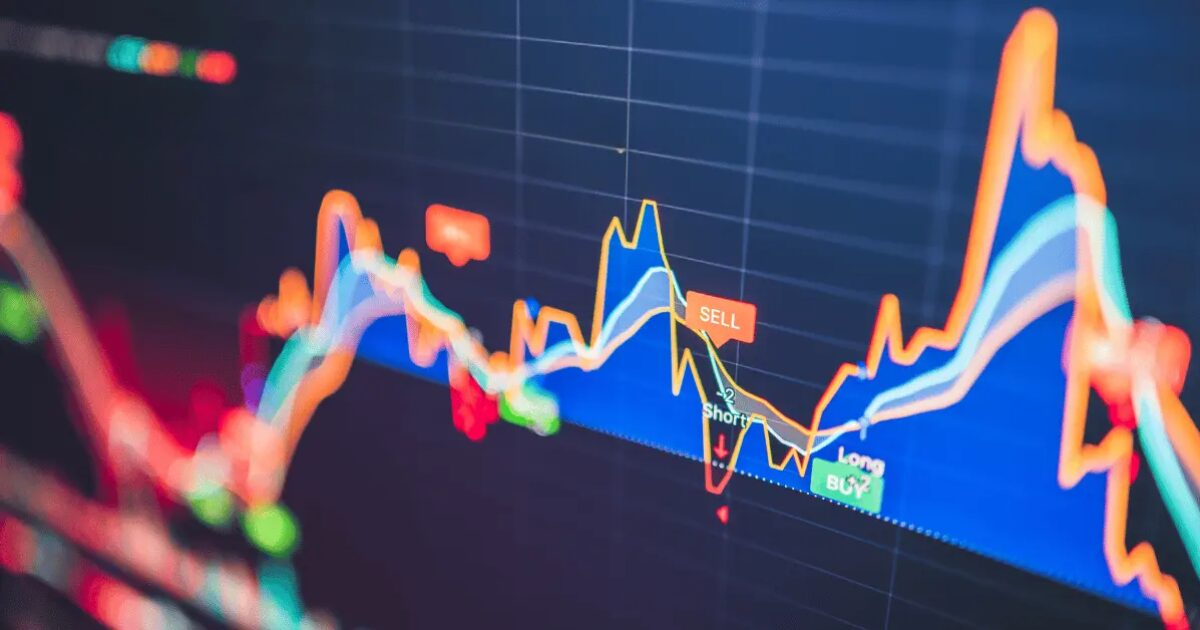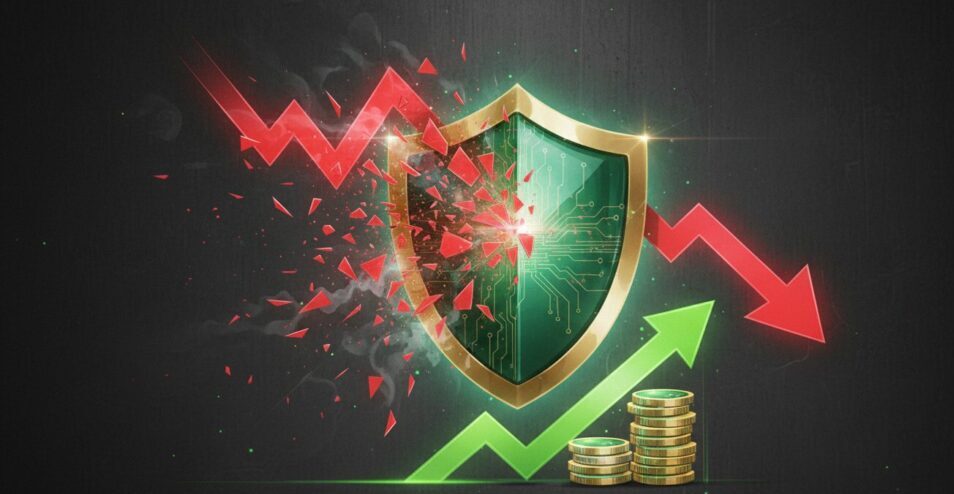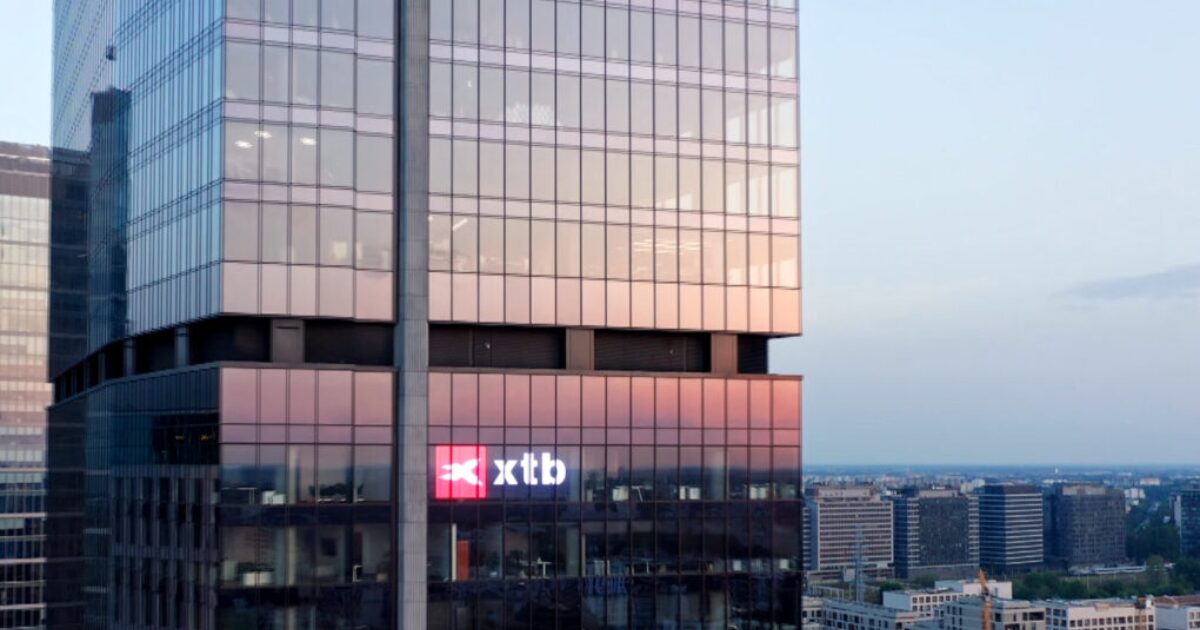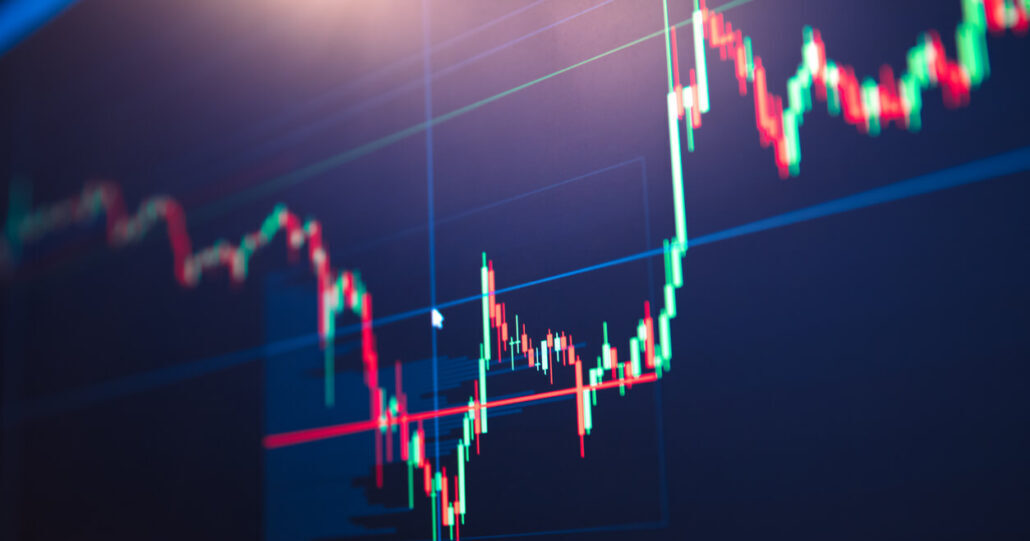How Crypto Brokers Make Money (and Why It Matters for Traders)
 Sam Reid Staff Writer
Sam Reid Staff Writer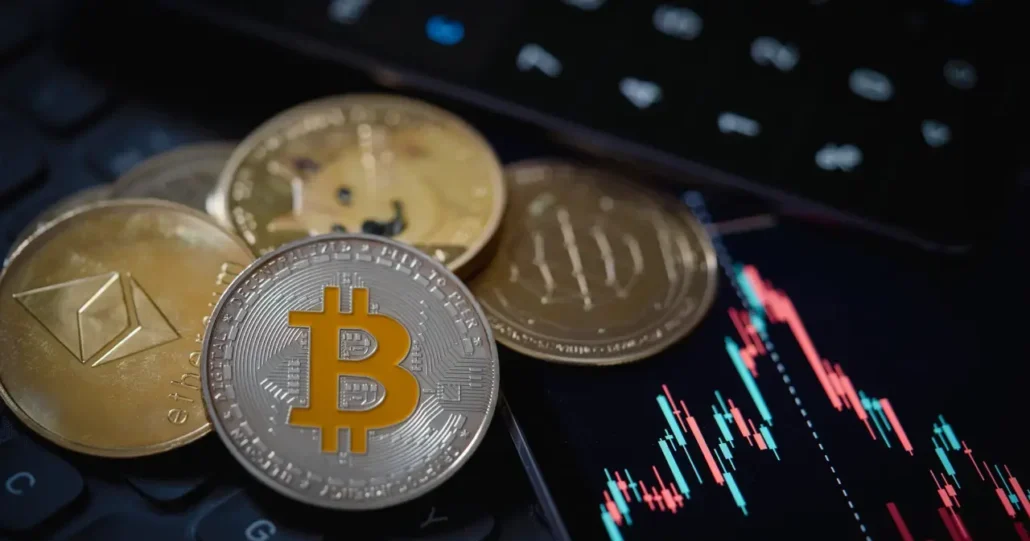
Introduction
The cryptocurrency market has grown from a niche experiment to a global financial system valued in the trillions of dollars. Exchanges and brokers sit at the center of this ecosystem, processing billions in trades each day. Dubai has positioned itself as one of the leading hubs for digital assets, supported by a progressive regulatory framework under the Dubai Virtual Assets Regulatory Authority.
But while most traders focus on price movements, strategies, and profits, fewer ask a crucial question: how do brokers themselves make money. Understanding the revenue model of your broker matters because every fee, spread, or hidden cost ultimately affects your returns. If you know how crypto brokers in Dubai or elsewhere generate income, you are better equipped to choose a platform aligned with your interests rather than one working against them.
This article breaks down the ways brokers earn money, analyzes their impact on traders, and provides practical guidance for those looking to navigate the crypto market more intelligently.
The Role of a Crypto Broker
A crypto broker acts as the middleman between the trader and the cryptocurrency market. Instead of directly holding coins in a wallet or decentralized exchange, you can trade via a broker that executes orders on your behalf or provides access to crypto through contracts for difference.
In Dubai, brokers have become especially important because many retail traders prefer regulated, accessible platforms that accept local payment methods. While some investors trade directly on global exchanges like Binance or Coinbase, many opt for brokers licensed in the UAE who provide added services such as account funding in dirhams, Arabic support, and compliance with local laws.
The fundamental role of a broker is clear: provide access. But access is not free. Brokers are businesses, and they make money in several ways that traders need to understand.
Primary Revenue Streams of Crypto Brokers
1. Trading Fees and Spreads
The most common way brokers earn revenue is by charging fees on trades. These can be transparent, such as a flat percentage fee, or built into the spread which is the difference between the buying price and the selling price.
Example of spread: If Bitcoin is trading at 50,000 dollars on the open market, a broker might quote a buy price of 50,050 and a sell price of 49,950. That 100 dollar spread is the broker’s margin, earned each time you transact.
Example of percentage fee: A broker might charge 0.25 percent of the transaction value. If you buy 10,000 dollars worth of Ethereum, you pay 25 dollars in fees.
In Dubai, spreads can vary widely across brokers. Some international platforms offer spreads as tight as 0.1 percent, while smaller or less liquid brokers may charge much more. Because crypto is volatile, small differences in spreads accumulate quickly for active traders.
2. Withdrawal and Deposit Fees
Another consistent revenue stream is deposit and withdrawal charges. Some brokers allow free deposits in fiat currencies through bank transfers, but fees are applied when using credit cards or third party processors. Withdrawals almost always come with a charge, either fixed or percentage based, to cover network and processing costs.
For example, withdrawing Bitcoin may carry a flat fee equivalent to 15 to 20 dollars, regardless of the transaction size. This can be significant if you are moving small amounts frequently. In Dubai, where many traders prefer to move profits back into dirhams, brokers often charge for fiat withdrawals as well.
3. Staking and Yield Services
As proof of stake cryptocurrencies like Ethereum or Solana have grown, many brokers now offer staking services. This allows clients to earn rewards for locking their assets into the network. But here is the key detail: brokers take a percentage of the staking rewards as their service fee.
Coinbase, for instance, takes up to 25 percent of staking rewards. While convenient, this means the broker earns steady passive revenue from clients who keep assets on the platform. In Dubai, several licensed brokers are beginning to offer similar yield products, often marketed as a way to generate income without trading.
4. Lending and Margin Trading
Brokers also make money from margin accounts, where traders borrow funds to amplify their positions. The broker charges interest on borrowed amounts, often accruing hourly or daily. Interest rates may look small at 0.01 to 0.05 percent per hour, but over weeks of holding leveraged positions, they accumulate into a major cost.
Additionally, brokers profit from liquidations. If a leveraged position moves against the trader and the collateral falls below requirements, the broker closes the trade, sometimes capturing liquidation fees. This is a common practice on large exchanges and also applies to brokers offering leverage in Dubai.
5. Listing Fees and Token Sales
Some brokers also function as exchanges, hosting token sales or initial exchange offerings. Projects pay substantial fees to get their tokens listed, sometimes in the hundreds of thousands of dollars. For the broker, this is a lucrative revenue stream.
Even if you never participate in these sales, remember that brokers profit heavily from them. This can incentivize them to promote certain tokens more aggressively, which may or may not align with your best interest.
6. Market Making and Liquidity Services
Behind the scenes, many brokers act as market makers, placing both buy and sell orders to provide liquidity. They earn money from the bid ask spread and from arrangements with token projects or liquidity pools.
For smaller coins especially, brokers may provide artificial liquidity to stabilize prices. While this benefits traders by making it easier to enter and exit, it also means the broker is profiting from every micro transaction.
Additional Revenue Avenues
Affiliate Programs and Referral Commissions
Brokers often run affiliate or referral programs, paying partners to bring in new traders. While not directly a cost to the trader, it is built into the broker’s marketing budget and indicates just how profitable each new customer can be for them.
Educational Products and Premium Accounts
Some brokers monetize through subscription tiers, premium charting tools, or educational programs. While helpful, these are often secondary income sources compared to trading and transaction fees.
Why It Matters for Traders
Knowing how brokers make money directly impacts your bottom line.
- Costs reduce profits: Every spread, fee, or interest charge comes from your earnings.
- Transparency signals trust: Brokers that clearly explain their fees are generally safer choices.
- Business incentives shape services: If a broker earns more from promoting high risk leveraged trading, they may emphasize those products, increasing your exposure.
- Local regulation matters: In Dubai, brokers licensed by VARA or the DIFC must adhere to stricter transparency and security requirements, giving traders an added layer of protection.
For example, a trader in Dubai who frequently converts profits back to dirhams may prefer a broker with low fiat withdrawal fees, even if spreads are slightly higher. On the other hand, a long term investor interested in staking may choose a broker offering competitive reward sharing.
Crypto Brokers in Dubai: What to Look For
Dubai has emerged as one of the most crypto friendly jurisdictions globally. With a clear regulatory body in VARA, the city attracts both global exchanges and locally licensed brokers. But not all brokers are created equal.
When evaluating crypto brokers in Dubai, consider:
- Regulatory status: Is the broker licensed by VARA, DFSA, or another recognized body
- Payment methods: Do they support dirham deposits through local banks or cards
- Security measures: Is two factor authentication mandatory Are funds kept in cold storage
- Fee structure: Transparent spreads and withdrawal fees build trust
- Reputation and reviews: Look for credible user experiences in the UAE region
For traders asking which broker is best for cryptocurrency, the answer depends on goals. Active day traders might prefer ultra low spreads, while passive investors value strong staking services and simple dirham withdrawals. The best is always relative to your strategy and risk tolerance, but in Dubai, choosing a broker with local licensing and clear transparency is non negotiable.
Practical Tips for Traders
- Compare total costs, not just spreads. A low trading fee may be offset by high withdrawal costs.
- Watch leverage carefully. Brokers profit from interest on borrowed funds and from liquidations. Trade only with leverage you fully understand.
- Evaluate staking reward cuts. If a broker takes 20 to 30 percent of staking rewards, check whether self staking might be more profitable.
- Research token listings. If a broker heavily promotes a new token, ask whether they are earning listing fees.
- Prioritize regulation. In Dubai, always confirm whether the broker is authorized by VARA or another financial authority.
The Bigger Picture: Broker Profitability and Market Stability
It is worth noting that broker profitability is not inherently bad. Profitable brokers are more likely to sustain operations, invest in security, and weather market downturns. Problems arise only when revenue models are hidden or exploitative.
A transparent, profitable broker can coexist with successful traders. Brokers like Binance and Coinbase earn billions annually while still providing value to millions of traders worldwide. The same applies to UAE licensed brokers that follow clear guidelines and disclose fees upfront.
FAQs
How do brokers get money to pay traders
Brokers pay traders from their operational cash flow, which is funded by spreads, fees, interest on margin, and other revenue streams. They do not create money. They redistribute profits earned from their business model.
What is the 1 percent rule in crypto
The 1 percent rule is a risk management guideline suggesting traders risk no more than 1 percent of their account balance on a single trade. For example, with 10,000 dollars in capital, the maximum risk per trade should be 100 dollars. This helps protect against large drawdowns in volatile markets.
Do people actually make money from crypto trading
Yes, many traders profit from crypto, but results vary widely. Some capitalize on volatility and disciplined strategies, while others lose money due to fees, poor risk management, or chasing trends. Data shows a large percentage of retail traders lose money, so education and planning are crucial.
Why do I need a crypto broker
A broker simplifies access to cryptocurrency markets, often providing regulated platforms, user friendly interfaces, and local payment options. In Dubai, brokers also ensure compliance with VARA regulations, giving traders confidence that their funds are managed under clear legal frameworks.
Conclusion
Crypto brokers are at the heart of the digital asset ecosystem, connecting traders to global markets. They earn money through spreads, fees, staking services, margin trading, token listings, and more. For traders, this knowledge is more than background information as it can directly influences costs, risks, and profit potential.
In Dubai, where regulation is advancing and investor interest is growing, choosing the right broker requires balancing transparency, local compliance, and service quality. Whether you are a day trader, a long term investor, or someone exploring passive income opportunities, understanding how your broker makes money is the first step toward making smarter, more profitable decisions in cryptocurrency trading.
Disclaimer: Remember that CFD trading involves high risk. Always do your own research and never invest what you cannot afford to lose.
 06th Sep 2025
06th Sep 2025


